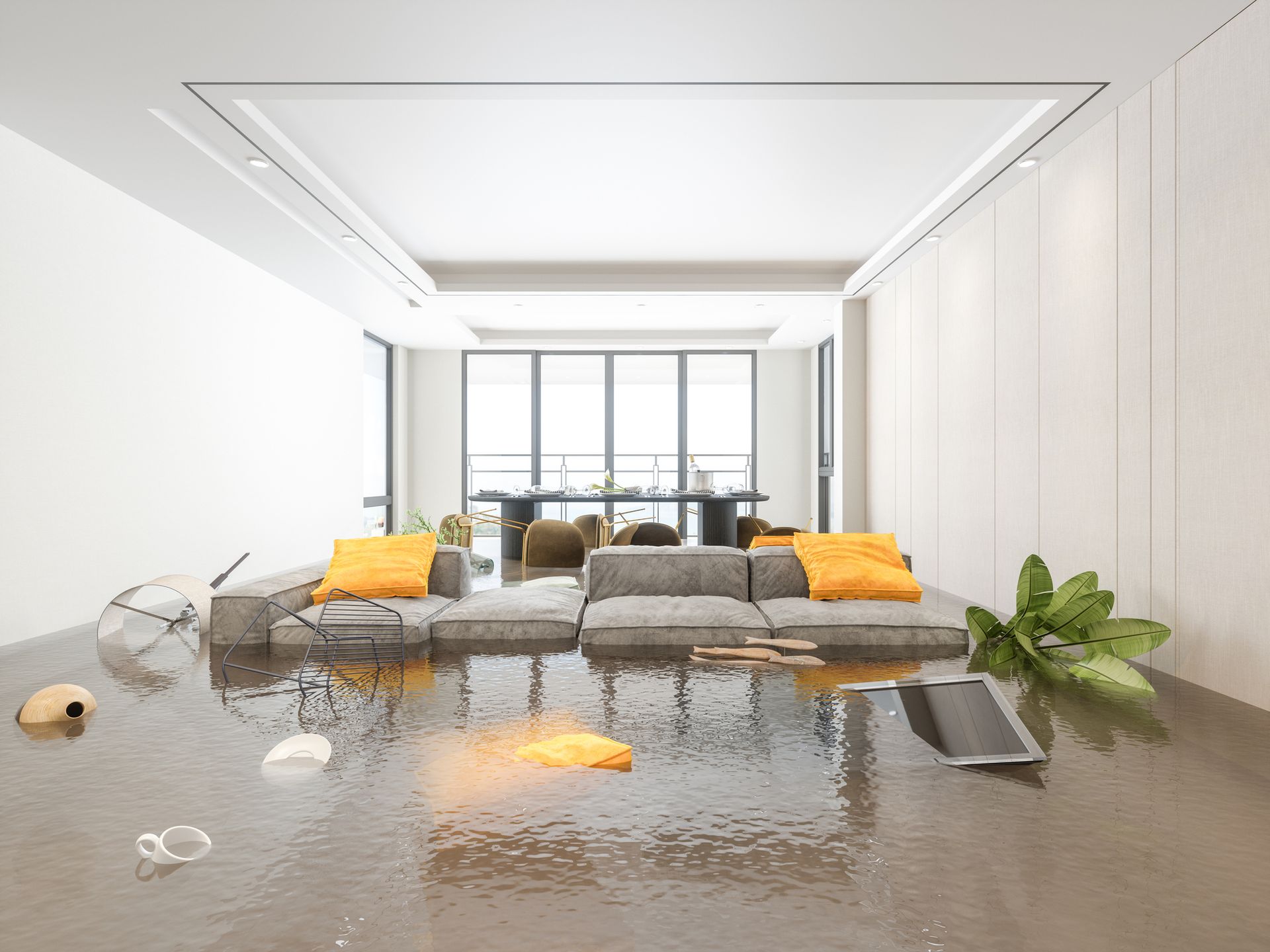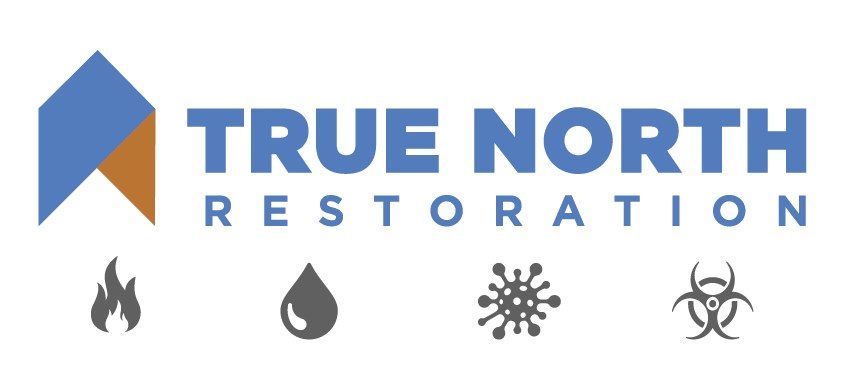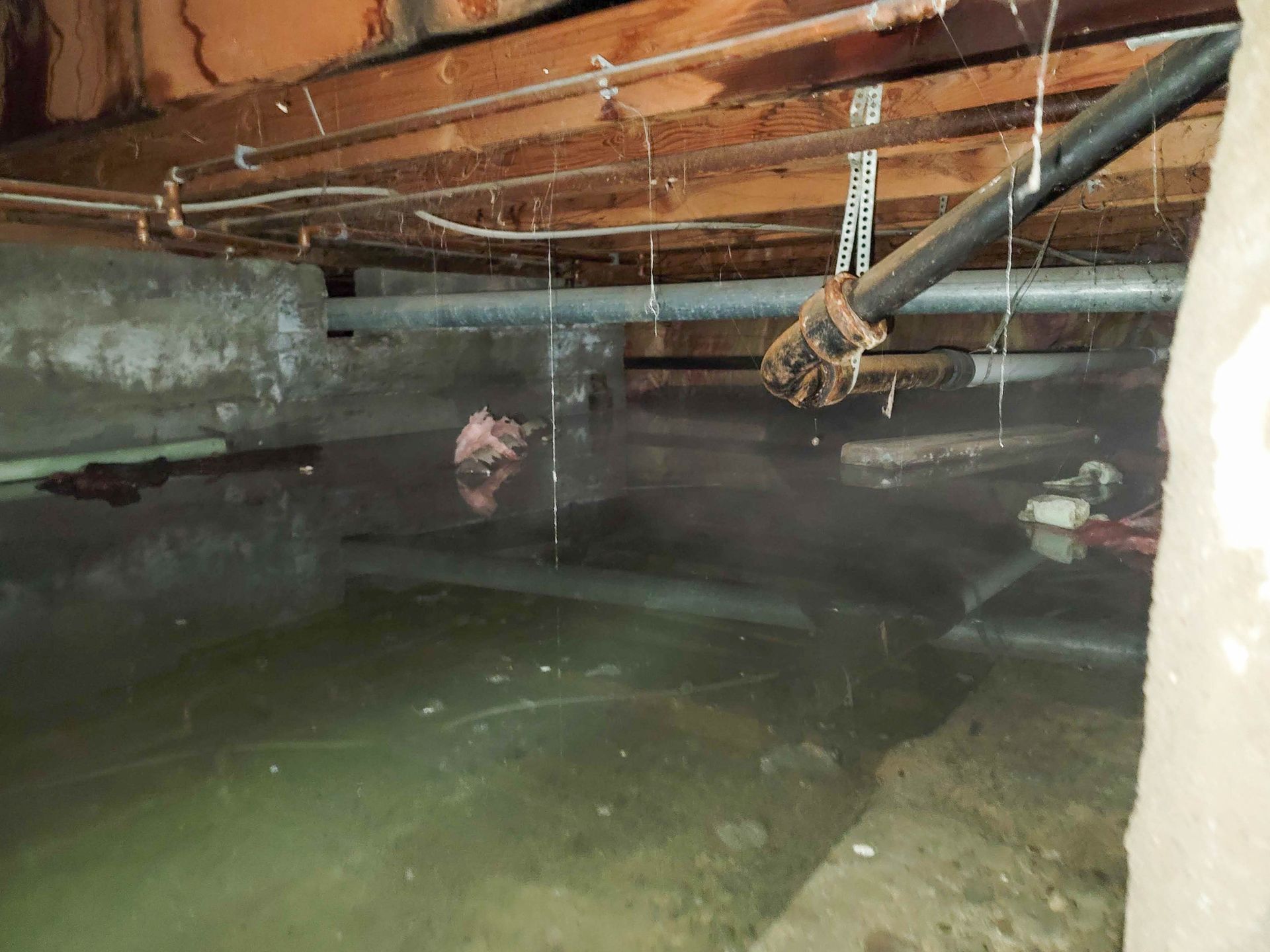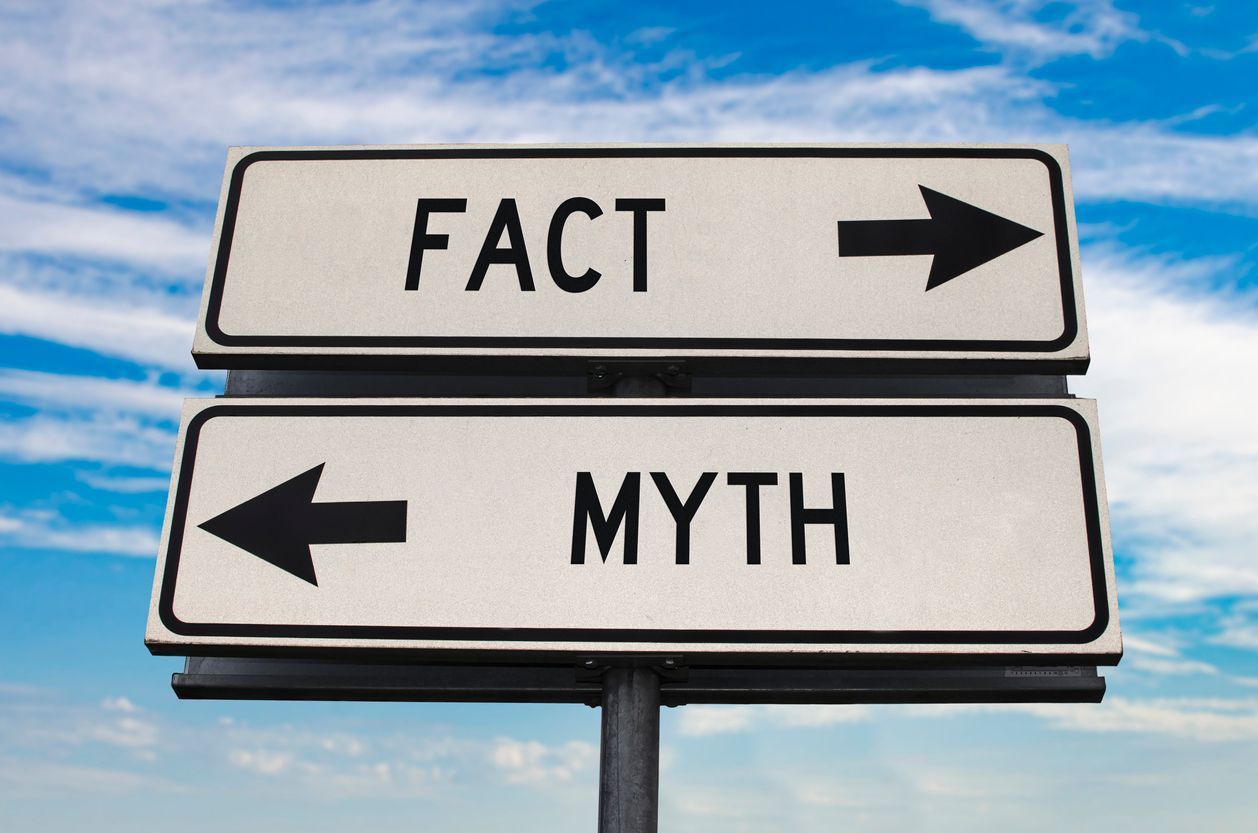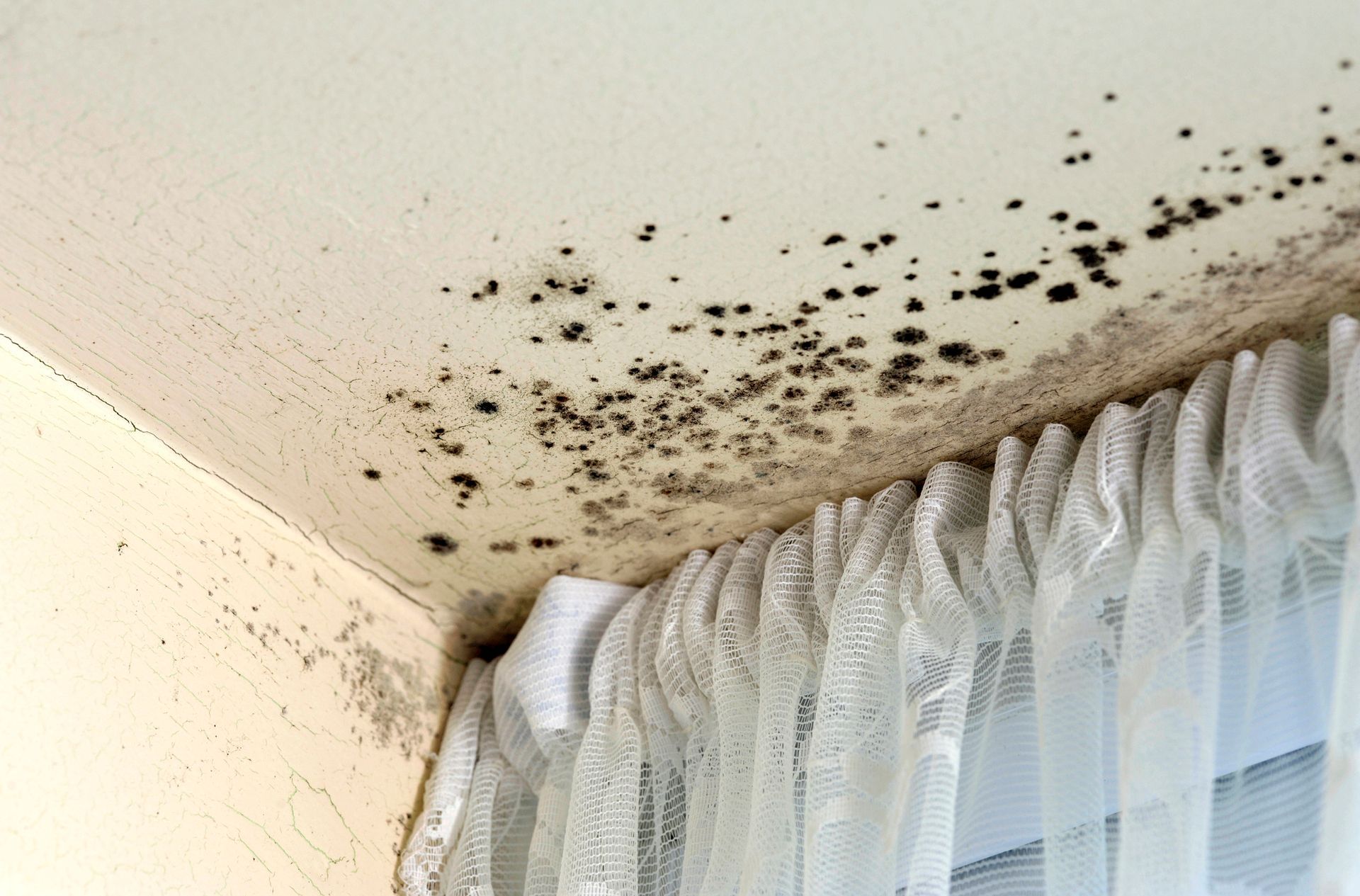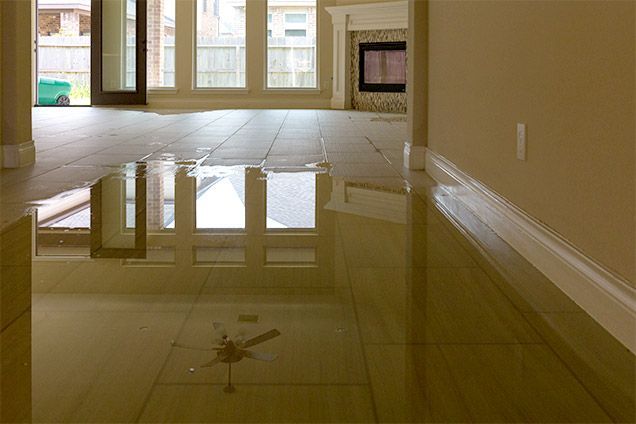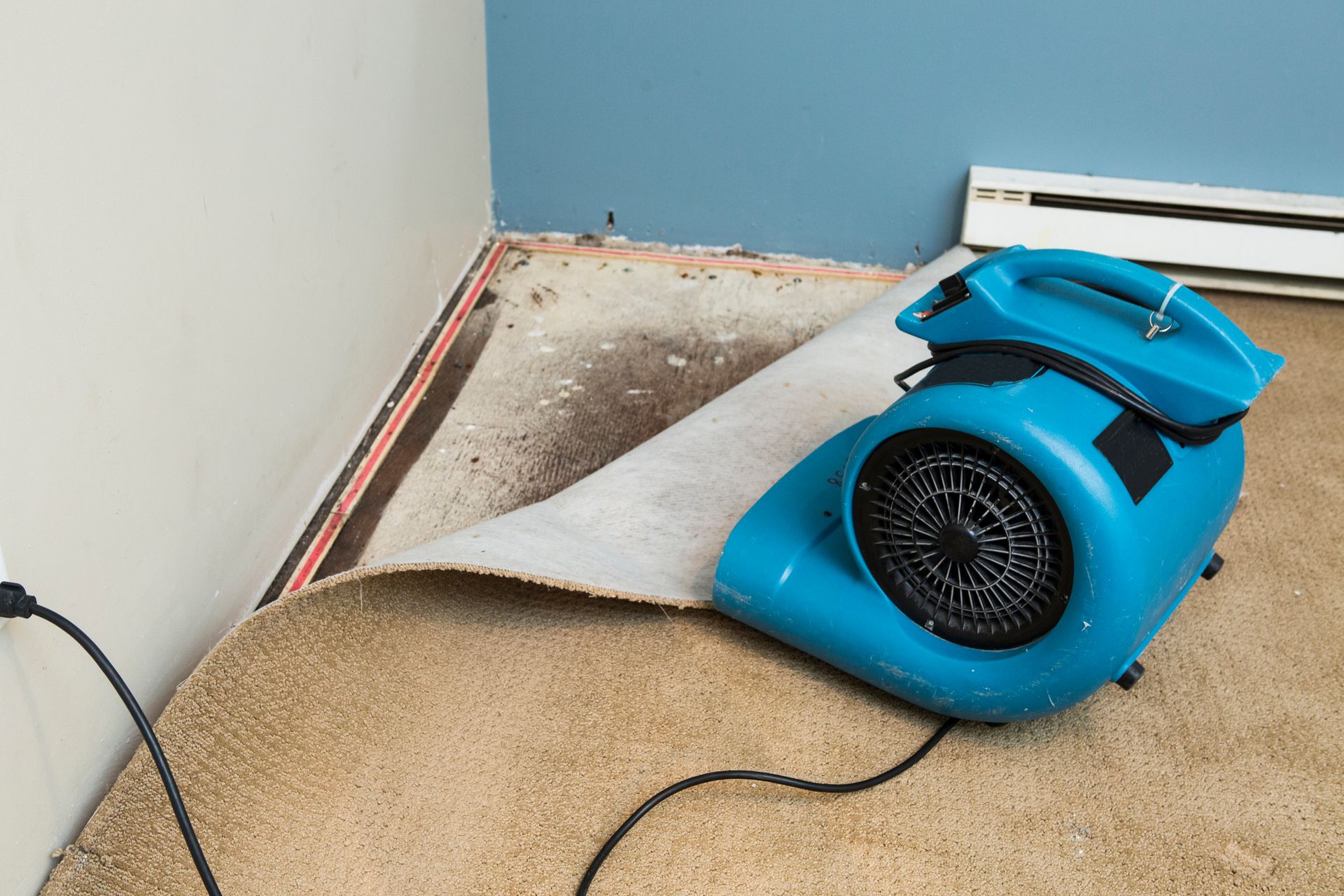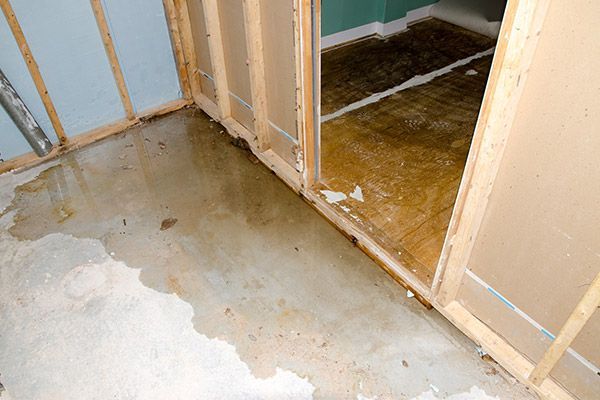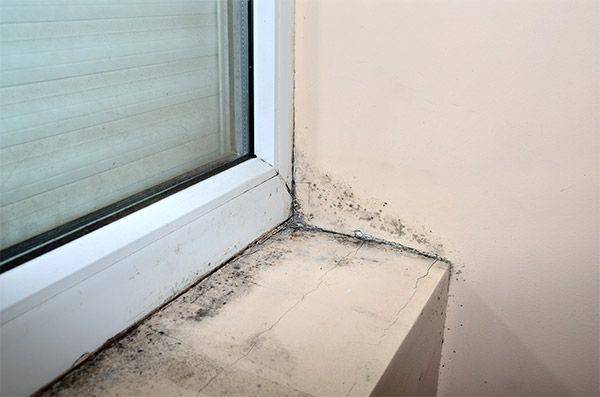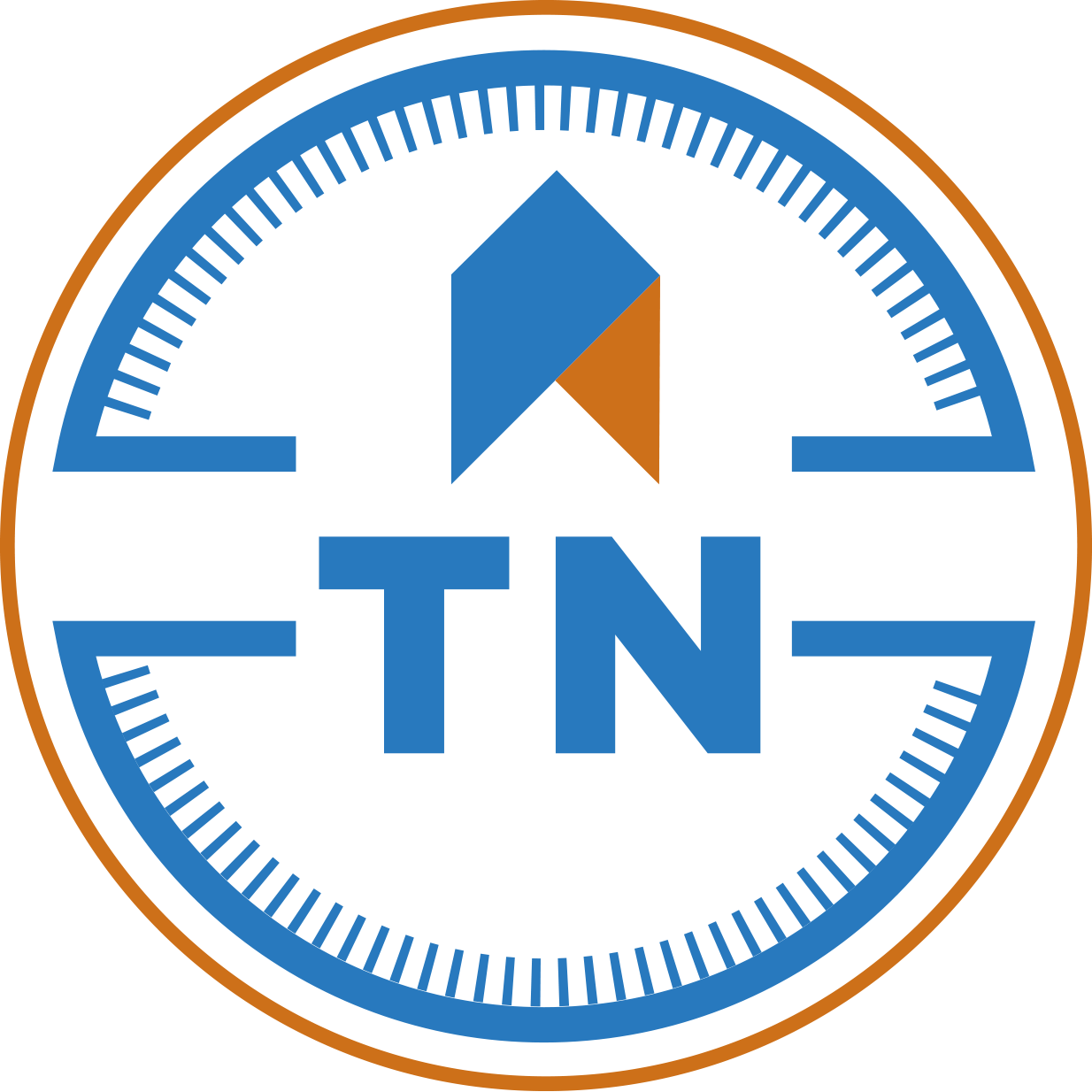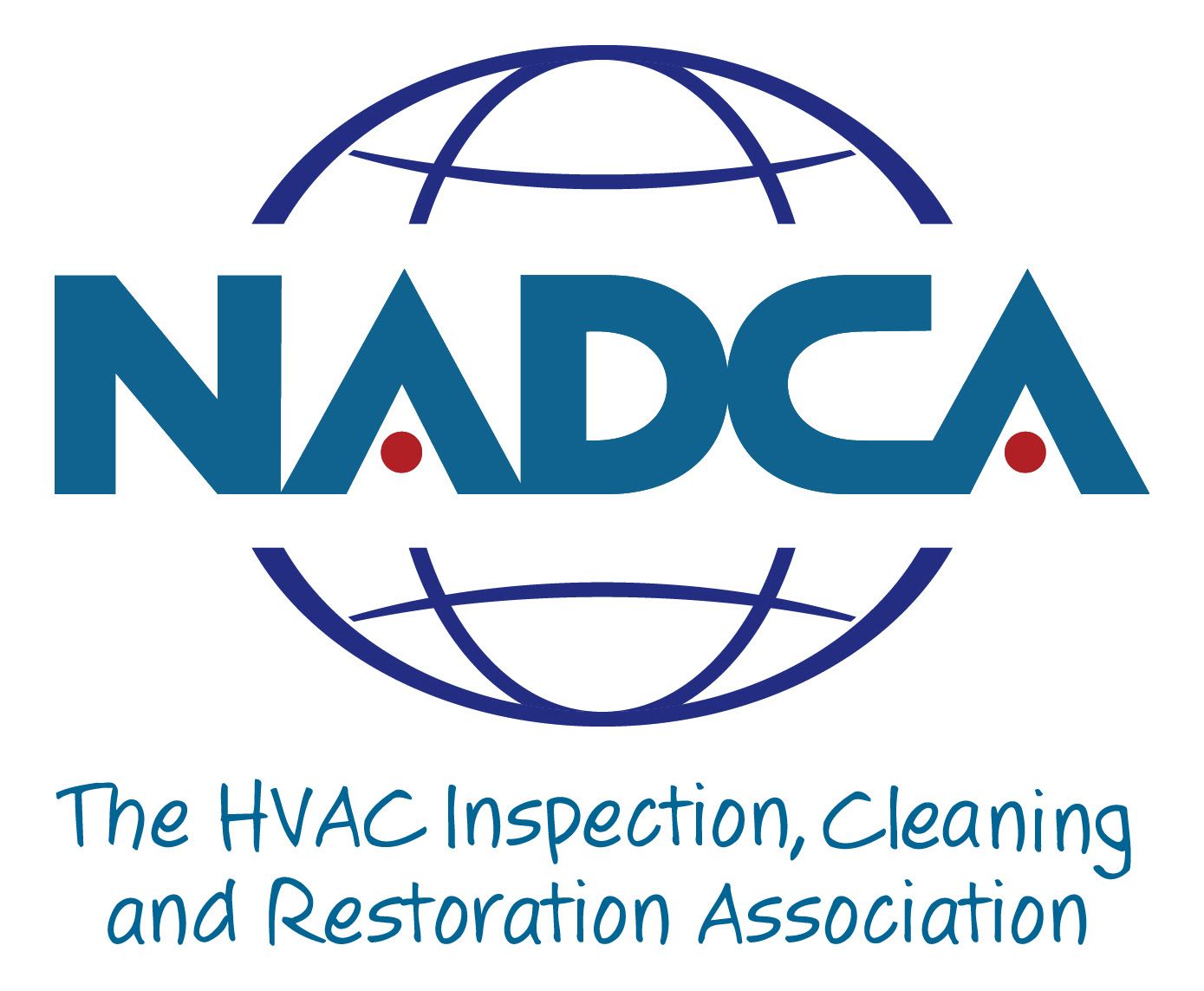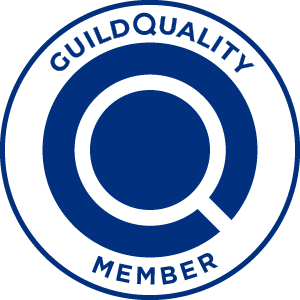Bleach is a Scam
When faced with mold issues in your home, it's important to work with a professional mold remediation company, who uses effective and safe remediation methods. While bleach is a common household disinfectant, it is not recommended for routine mold cleanup. According to the Environmental Protection Agency (EPA), using biocides like chlorine bleach is generally discouraged during mold remediation.
Why Bleach Falls Short in Mold Remediation
- Limited Penetration on Porous Surfaces: On porous surfaces commonly found in a home, like wood or drywall, bleach cannot reach the mold's roots embedded beneath the surface. This limitation allows the mold to survive and potentially regrow.
- Potential to Worsen Mold Infestations: Bleach solutions are predominantly water (approximately 90%). When applied to porous materials, the chlorine may evaporate, leaving behind moisture that can feed mold spores, potentially exacerbating the infestation.
- Structural Damage Risks: Bleach is a corrosive substance. Its use on materials like wood can break down fibers, leading to structural weakening. Additionally, bleach can corrode metals, compromising the integrity of various home components.
Recommended Mold Remediation Practices
Effective mold remediation focuses on removing mold and addressing the underlying moisture issues that facilitate its growth. The EPA suggests the following steps:
- Fix Water Problems Promptly: Repair plumbing leaks and other water issues as soon as possible to prevent mold growth.
- Clean and Dry Thoroughly: Scrub mold off hard surfaces with detergent and water, then dry the area completely.
- Dispose of Affected Porous Materials: Materials like ceiling tiles and carpets that have become moldy may need to be discarded, as mold can infiltrate their crevices, making complete removal difficult.
When confronting mold issues in your home, it's essential to recognize that not all solutions are created equal. While DIY methods like bleach application might seem cost-effective, they often fall short in addressing the root of the problem and can even exacerbate the situation. This is where professional mold remediation services come into play, offering comprehensive solutions that ensure both the removal of mold and the prevention of its return.
The Advantages of Professional Mold Remediation
Engaging a professional mold remediation company offers several benefits:
- Comprehensive Assessment: Professionals conduct thorough inspections to identify all affected areas and determine the extent of the infestation.
- Effective Removal Techniques: Utilizing specialized equipment and methods, professionals can remove mold from both surfaces and deep within porous materials, ensuring complete eradication.
- Addressing Underlying Causes: Mold thrives in moist environments. Professionals not only remove the mold but also identify and rectify the moisture sources, such as leaks or inadequate ventilation, to prevent future growth.
- Safety Measures: The remediation process involves handling potentially hazardous materials. Our team adheres to safety protocols to protect both the occupants and themselves during the cleanup.
- Preventative Advice: Post-remediation, experts provide guidance on maintaining a mold-free environment, including tips on humidity control and regular maintenance.
For extensive mold problems or if you have health concerns, it's advisable to consult professionals who specialize in mold remediation, like True North Restoration of Iowa. We can ensure safe and effective removal, addressing both the mold and its source to prevent future occurrences.
By understanding the limitations of bleach and adopting appropriate mold remediation strategies, you can protect your home and health from the adverse effects of mold.
